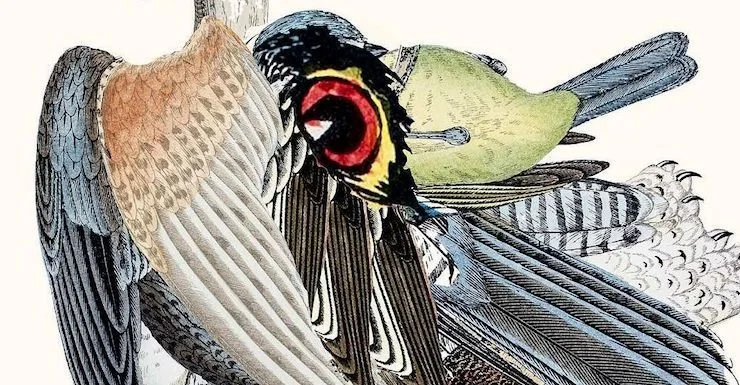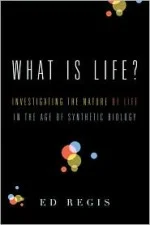Adrian Tchaikovsky's "CHILDREN OF TIME"
Book review by Dennis D. McDonald
This book is unrelentingly clever and inventive as we follow the paths of two species as one evolves and the other moves in the opposite direction. How — or if — they will eventually collide kept me guessing.
“Children of Time” is an apt title. We follow the evolution of one species as it claws its way upward over countless generations and learns how to genetically manipulate both individual and societal behavior. The other species we watch as its restricted population and gene pool (and its starship-restricted technologies) result in cultural strife that echoes the decline of the home world it is fleeing.
Either of the two species could have been the focus of a satisfying novel. The author’s ability to intertwine the two tales despite the millenia being traversed is inventive and surprising. Many themes are touched upon — the restrictions of slower-than-light interstellar travel, genetics, the importance of language and communication, artificial intelligence, scientific advance, accelerated evolution, even warfare. What’s not to like especially when the author’s “world-building” is so well thought out and clever?
While I admit to gulping this novel down over just a few days, I felt that I was not connecting emotionally with the story or the characters. If anything, I found the non-human characters to be more fascinating than the human. Even with them I could not muster much of a sense of identification other than that based on my own fascination with how human knowledge has evolved through trial and error and the occasional extraordinary intellect.
As far as the human characters are concerned, no one really stands out as especially creative or intellectually curious. Instead, we have a mixed bag of bureaucrats, engineers, academics, and power-hungry nut cases. This is one novel where the characters are secondary to the story and admittedly the story is pretty damn good. If on the other hand you really want to “get into the heads” of unusual people in unusual circumstance, I recommend something like Jeff VanderMeer’s Southern Reach trilogy.
Review by Dennis D. McDonald











